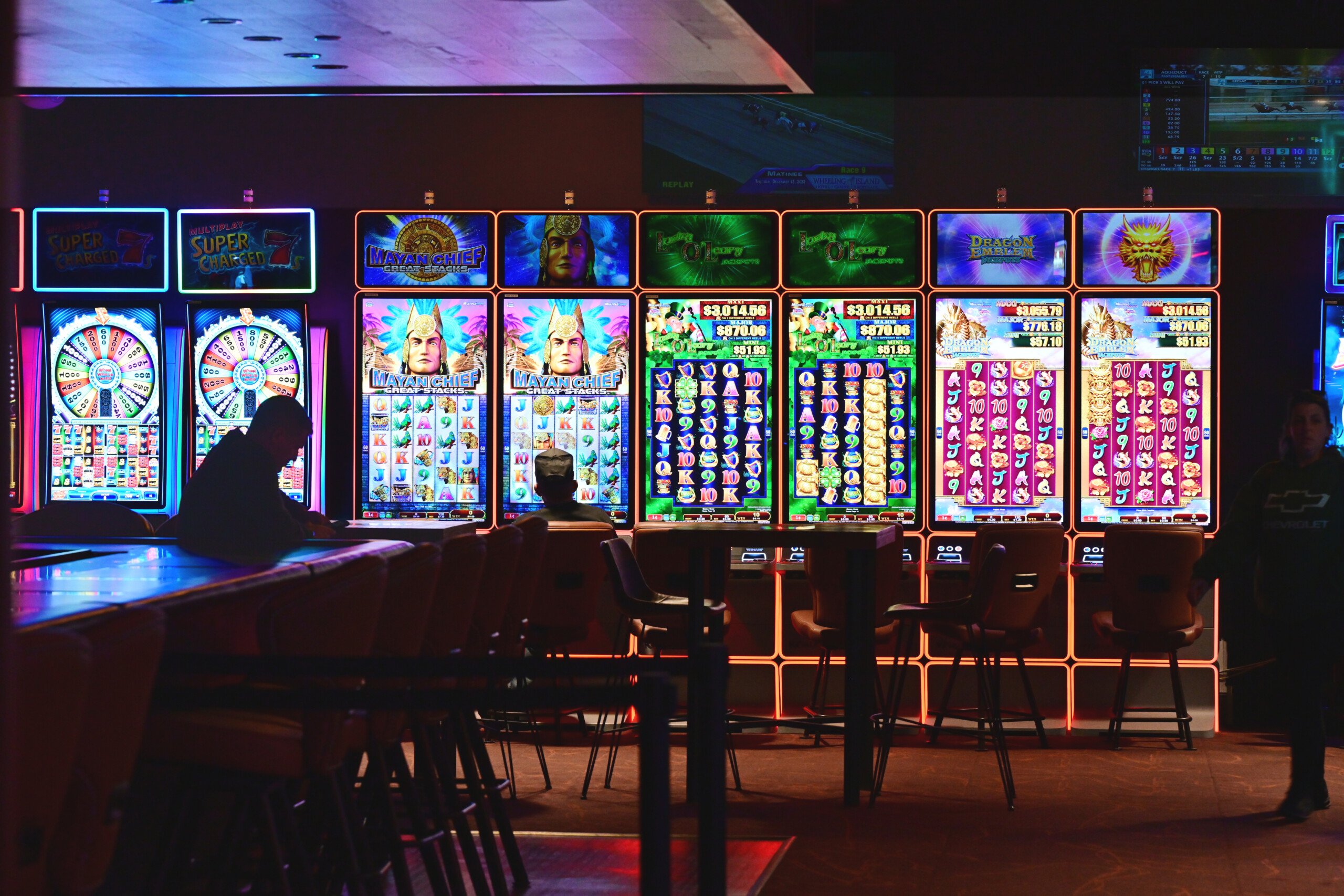
Within the lively realm of gambling halls, in which the air humms with excitement and the clinking of chips fills the space, the position of a dealer is both crucial and captivating. nhà cái BL555 Each day, these skilled professionals step into a realm where fortune and tactics converge, guiding players through the ups and downs of their selected casino titles. From table games like blackjack and texas hold ’em to the revolving wheels of roulette, dealers manage the gameplay while guaranteeing that each game operates smoothly and honestly.
As the day breaks on another bustling day, a casino dealer gets ready to dive in this dynamic setting. Their responsibilities extend beyond merely distributing cards or spinning a roulette wheel; they are also entertainers, customer service representatives, and guardians of the rules. Each shift brings new challenges and interactions, making every day distinct in the life of a casino dealer. This insider look will explore the daily routine of a casino dealer, showcasing the skills and insights that make this career both thrilling and fulfilling.
The Role of a Gambling Game Dealer
A gambling game croupier is at the core of the gaming experience, orchestrating the progress of the play while ensuring that players are involved and enjoying themselves. Their main responsibility is to manage the table, which involves distributing cards, rotating the wheel, or managing the chips, depending on the type of game being played. Croupiers must have a thorough understanding of the regulations and guidelines governing each type of game, while also upholding a friendly and welcoming demeanor to improve the gambling atmosphere.
In addition to managing the gameplay, croupiers must also keep a close watch on the players and the surroundings around the game. This entails monitoring for any signs of cheating, making sure that everyone is adhering to the guidelines, and resolving any conflicts that may arise among players. Strong communication skills are vital, as dealers often give explanations about the rules and mechanics and offer assistance to those who may be novice to casino games.
Moreover, a dealer’s role extends beyond just the mechanical aspects of the game. They play a key part in creating an enjoyable experience for the players. This requires establishing a connection with patrons, being attentive to their wants, and often injecting an aspect of fun into the game. It’s this combination of talent, alertness, and interpersonal relationship that makes the role of a gambling game dealer both challenging and fulfilling in the vibrant world of gambling games.
Daily Responsibilities and Challenges
One of the key responsibilities of a casino game dealer is to manage the various games available at their table, guaranteeing a smooth and satisfying experience for players. Dealers must be proficient at distributing cards, managing chips, and maintaining the flow of the game. This requires a deep understanding of the rules of each game, from blackjack to roulette, and the ability to address players’ questions while maintaining the game progressing. Attention to precision is crucial, as dealers must track bets, disburse winnings accurately, and watch for any cheating or discrepancies at the table.
In addition to managing the game per se, dealers face challenges such as dealing with difficult players. The casino environment can be tense, particularly during intense games, and a dealer must remain composed and maintain professionalism at all times. They need robust interpersonal skills to handle interactions with players who may be frustrated about losses or dissatisfied with the game’s pace. Handling these situations delicately is crucial in ensuring a positive atmosphere on the casino floor.
Another major responsibility is maintaining the honesty of the game. Dealers must be vigilant and attentive, watching for any signs of player cooperation or cheating among players. This entails not only a solid knowledge of the games but also an awareness of player psychology. They must also adhere to the casino’s regulations and procedures, taking part in regular training sessions to stay informed on rules and protocols. Balancing these responsibilities while providing excellent customer service is what makes the role both challenging and fulfilling for a dealer in a casino.
Attributes and Traits for Success
A effective casino game dealer must have outstanding communication skills. This includes not just the ability to effectively explain game rules and procedures to players but also the capacity to interact with them in a friendly and competent manner. Building rapport with patrons can enhance the gaming experience and inspire repeat visits to the casino. Strong communication enables dealers to manage tables seamlessly while ensuring that players feel entertained.
Moreover, robust mathematical skills are essential for a dealer. Quick calculations are often required to follow bets, payouts, and game outcomes in real-time. A dealer’s ability to perform these calculations accurately and swiftly adds to the overall efficiency of the game. This skill helps in maintaining the flow of play and in minimizing disputes or misunderstandings with players, which is crucial in a rapid casino environment.
Lastly, an ideal casino game dealer should show integrity and professionalism at all times. Trust is a vital component of the gaming experience, and players must feel confident that the games are conducted fairly and openly. A dealer’s dedication to upholding high ethical standards fosters a welcoming atmosphere at the table and enhances the casino’s image. Being reliable in behavior ensures that dealers leave a lasting impression on guests, which can lead to a dedicated customer base.